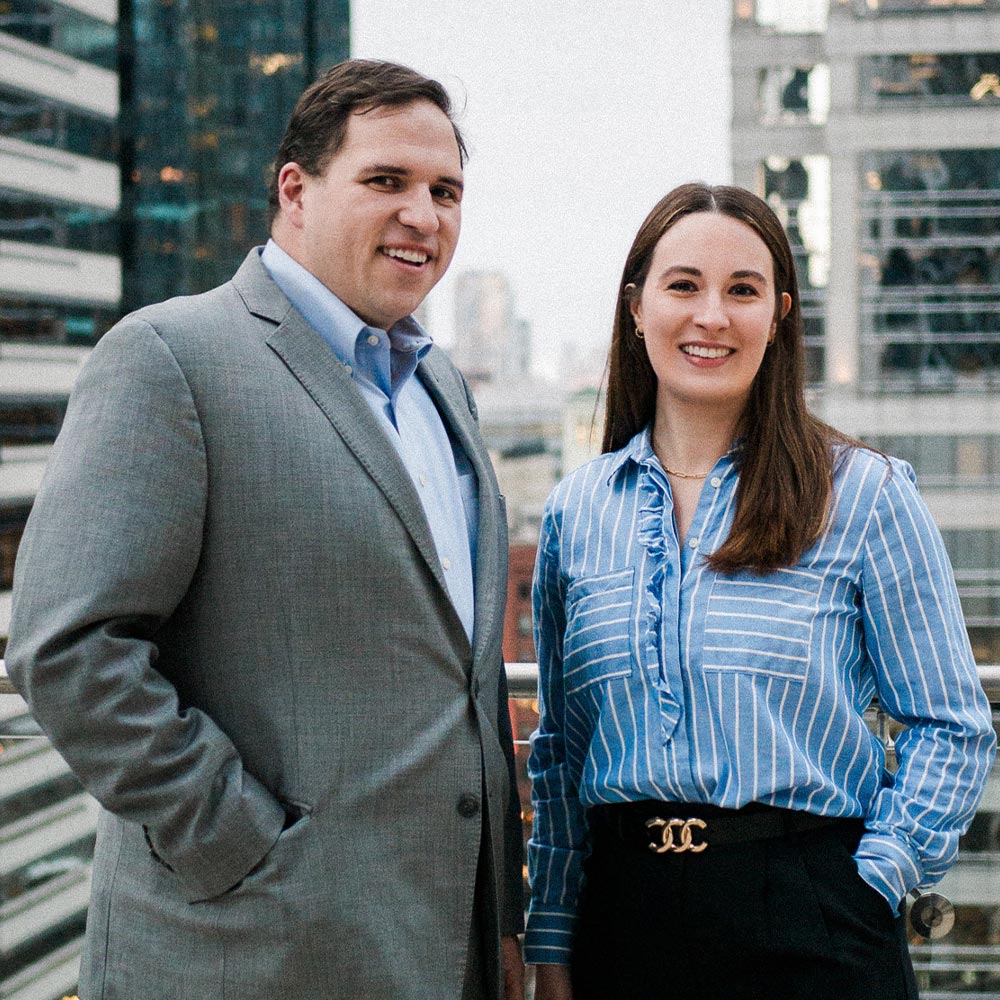Let's Get Started
It's easier than you think to start your application.

It's easier than you think to start your application.

Professor Cynthia M. Ho is passionate about intellectual property law

Weekend JD student and naval officer D’Mia Spivey knows the rewards of hard work

Moot court coaches Bernard Henry and Mili Echeverria Meyer ensure competitors’ skills go far beyond basics


One of the best ways to get a sense of Loyola's School of Law is to talk to one of our enrollment advisors. You can meet a law school representative at one the recruitment events we attend all over the United States.
Learn More
You may have noticed the School of Law is a busy place. From symposia to company lunch-and-learns, from coffee talks to guest speakers--there are events almost every day. Check out the events calendar for a full list of events.
Learn More
On behalf of the Office of Alumni Relations, congratulations on your new alumni status! You join more than 12,000 School of Law alumni and 150,000 Loyola University Chicago alumni—you're in good company.
Learn More